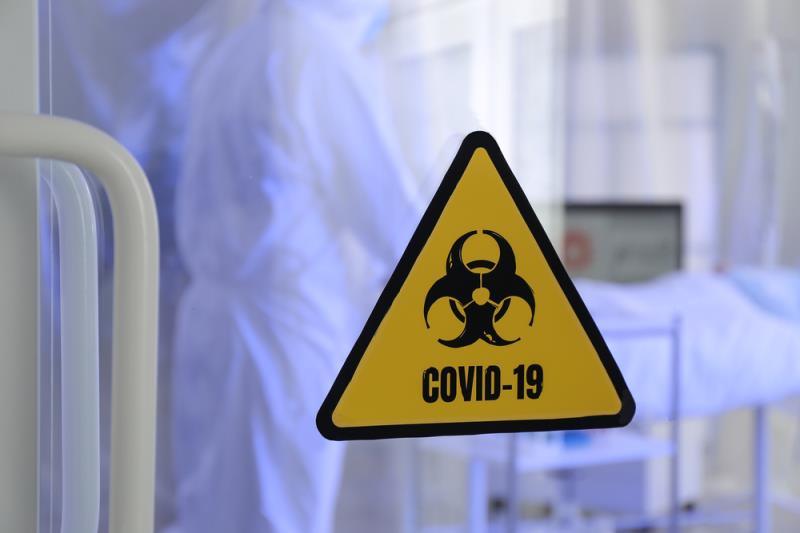
The message is clear—that high-touch areas should be wiped with disinfectant regularly, says a panel of experts.
The panel, consisting of Associate Professor Dr Sasheela Sri La Ponnampalavanar, consultant infectious diseases physician, head of infection control, University Malaya Medical Centre, and Dr Anusha Shunmugarajoo, infectious disease consultant, Hospital Tengku Ampuan Rahimah, Klang, presented at a weekly online discussion on 16 April organized by the Institute for Clinical Research (ICR), part of the National Institutes of Health (NIH). The series is known as Clinical Updates in COVID-19 and recognized by the Malaysian Medical Council, bestowing Continuing Professional Development (CPD) points to participants.
Anusha said the importance of frequent cleaning and wiping down of frequently touched surfaces, especially after a COVID-19 patient has been discharged, cannot be overemphasized. Such surfaces include bed rails, over bed tables, doorknobs, telephones, computer keyboards, and others. She spoke on ways to safeguard healthcare workers (HCWs) in both hybrid and non-COVID-19 hospitals.
Anusha said it is common to see HCWs mopping the floors around the ward and floor of the patient upon discharge. While it may be pertinent, contamination is far more likely in high-touch areas, she said. This observation was echoed by Sasheela, where she added that social distancing should always be practiced, both at work and at home. At work, this meant no walking close together, maintaining distance if taking same lift, and not eating at the same food stalls (which tend to be small), attending meetings (which should be limited or done via teleconferencing). Beyond working hours, HCWs should also be reminded to not attend any gatherings—these include seminars, classes and public events.
Daily briefings should ideally be done to remind every HCW about the importance of social distancing and hygiene. The constant reminder should serve as a deterrent for anyone who may be tempted to be lax in their social distancing practice.
The COVID-19 pandemic makes for lonely times
As the disease is predominantly droplet driven with some possibility of aerosolization in specific situations, HCWs are advised to avoid socialization during breaks and after shifts. Datuk Dr Christopher Lee, who was chairing the webinar, said he used to remind his subordinates to eat alone, and go home immediately after their shift ended. There is no room nor time to socialize, he said. It is one of the few sacrifices HCWs need to make to avoid spreading disease to their family, patients, and to each other.
One frequently overlooked area of possible contamination is the pantry, said both speakers. As a contaminant prevention protocol, the pantry should be cleaned regularly, too. HCWs should be advised to sit at least 2 meters apart, and not linger to socialize like the days before the pandemic. On the same evening after the presentations, the Director-General of Health Datuk Dr Noor Hisham Abdullah announced the existence of several clusters among HCWs linked to gatherings outside of work, in particular weddings.
The Clinical Updates on COVID-19 webinar series is an initiative by the ICR, and held weekly with various invited speakers presenting lectures pertaining to COVID-19. The webinars are published on YouTube and can be accessed at: https://www.youtube.com/channel/UC2sm79fCrGVIlKRGpHRRYrQ or on their Facebook page: https://www.facebook.com/ClinUpCOVID.